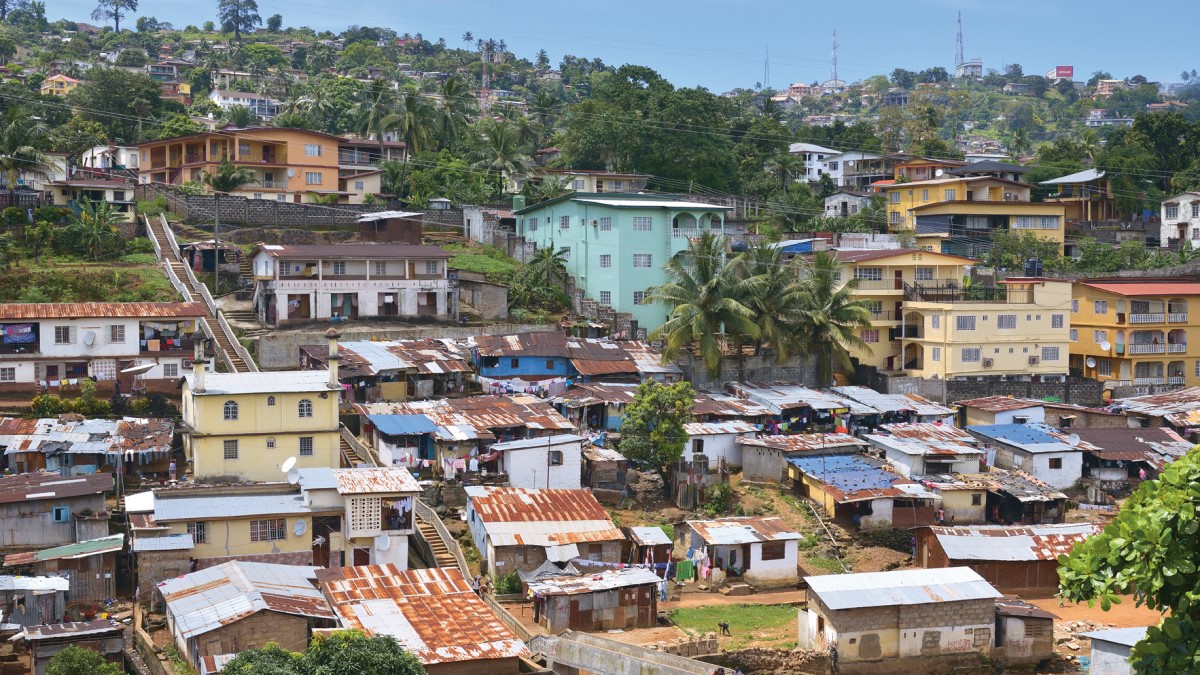Adequate shelter, which functions as needed for the climate and other conditions it is built in, is a basic factor for general health and wellbeing. In the tropical climate of sub-Saharan Africa, traditional construction design is being challenged by the introduction of foreign-style glazed buildings. A situation which is creating unexpected problems.
Traditional building techniques in tropical regions
Buildings in tropical regions have long-been designed to provide protection against local climatic extremes. At the same time, they reflect an area’s artistic and practical utilisation of locally available materials, such as mud, stone, thatch, bamboo, palm fronds and wood saplings. These building materials have inherent properties that are beneficial to health and wellbeing. Bamboo, for example, tolerates drought and its adaptive beauty and strength meet sheltering requirements for rich and poor alike.
Introduction of foreign-style buildings
Given the successful nature of traditional constructions, there would not appear to be a need for glazed, foreign-style buildings in warm-humid and hot-dry tropical climates, such as in Benin, Cameroon, Ghana, Ivory Coast and Togo. Despite this, changing tastes and social aspirations are driving demand for these imported building types, in preference over the traditional, leading to a so-called “schizophrenic architecture of confusion”.

However, aesthetics are not the only problem. Local builders do not necessarily understand how to work with the materials and construction techniques used in these buildings. This leads to defective quality, with structures becoming susceptible to inclement weather conditions, rodents and termite infestations, as well as contagious diseases. Particularly in the case of healthcare facilities and schools, the quality of buildings have an impact on the health and wellbeing of those using them, especially children.
Developing building practices policy, supported by science and technology
To avoid a situation where new building practices result in more harm than good to health in tropical climates, African governments and their various sectors must develop policies and regulations to synchronize legislation for all agencies responsible for building practices. In West African countries, a concerted effort underpinned by science and technology is needed to build on traditional legacies. This will enhance sustainable communities that meet the aspirations of African people and ensure their health.
Creating healthy and sustainable places in the future
Current world events, and their impact on the built environment, are making it abundantly clear that creating the healthy and sustainable places aimed for by 2030 mean moving beyond “common sense” to “phronesis partnership”. People really matter.



